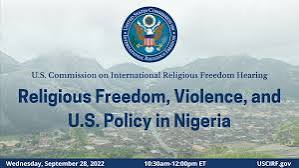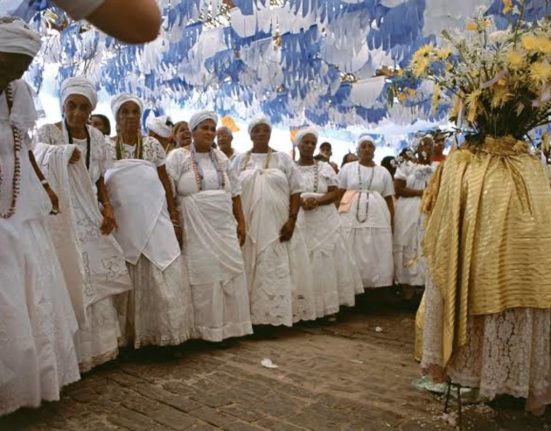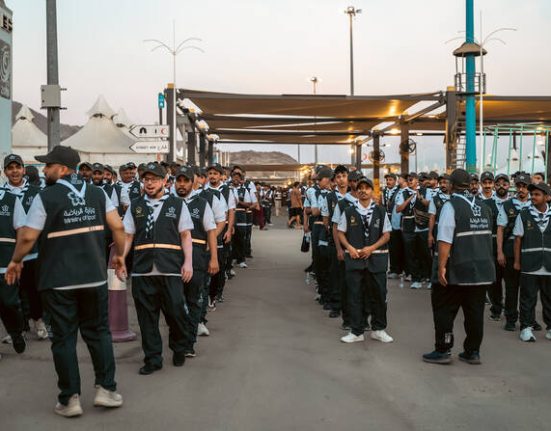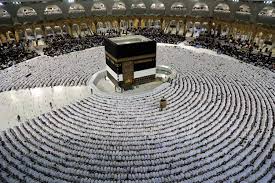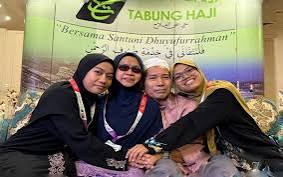In a recent development that has sparked debate across Nigeria, a committee of the United States House of Representatives convened to hear testimonies from Nigerian religious representatives claiming persecution. According to reports obtained, the April 4th hearing centered on allegations that the Nigerian government is complicit in religious violence targeting specific faith communities.
Sources familiar with the proceedings reveal that despite President Bola Tinubu’s efforts to address religious inclusivity in his administration including the appointment of a military chief from the complainant faith group lobbyists continue to press American lawmakers to impose sanctions on Nigeria and place it on the list of nations with restricted religious freedom.
The investigations show this isn’t the first such attempt. Similar lobbying resulted in Nigeria’s previous inclusion on a religious freedom watchlist, though the country was later removed. The current hearings appear to be part of an ongoing campaign to reinstate these restrictions.
Critics of these international lobbying efforts argue that they misrepresent Nigeria’s complex security challenges as purely religious conflicts. Our correspondent notes that while citizens have the right to seek redress for grievances, some analysts worry that deliberately painting Nigeria’s multi-faceted insecurity problems as targeted religious persecution could damage the nation’s international standing and economic prospects.
“When sanctions happen, every Nigerian is affected,” remarked one political observer who requested anonymity. “The situation creates a dangerous precedent where different religious groups might seek external intervention rather than collaborative domestic solutions.”
Security experts interviewed point out that the insecurity affecting Nigeria cuts across religious lines, with thousands of Muslims also falling victim to violence. They suggest that focusing exclusively on one religious group’s suffering presents an incomplete picture to international audiences.
Particularly concerning to some Nigerian analysts is the apparent selective framing of violence attributed to Fulani herders, which they say ignores the broader context of Nigeria’s security challenges, including Boko Haram insurgents and bandits from various ethnic backgrounds operating across the northern regions.
US lawmakers are primarily is got to our knowledge relying on the reports from the Observatory of Religious Freedom in Africa (ORFA). However, scrutiny of ORFA’s publications reveals potential bias while one report documented 55,910 Nigerians killed between October 2019 and September 2023, it emphasized that 16,769 were Christians without equal analysis of the remaining 39,141 victims.
Political observers note that the Congressional hearings appear focused on religious persecution claims from one faith community, potentially overlooking Nigeria’s broader security crisis that affects citizens regardless of religious affiliation.
As tensions simmer, some policy experts suggest that strengthening state-level security apparatuses might prove more effective than international sanctions in addressing Nigeria’s security challenges. They maintain that state governments could establish or enhance existing security outfits with prosecution powers similar to the Federal Government’s Civil Defence Corps.
Religion
US Congressional Hearing On Religious Tension In Nigeria Stirs Controversy
- by Adeola Abiola
- April 4, 2025
- 0 Comments
- 2 minutes read
- 201 Views
- 6 months ago
